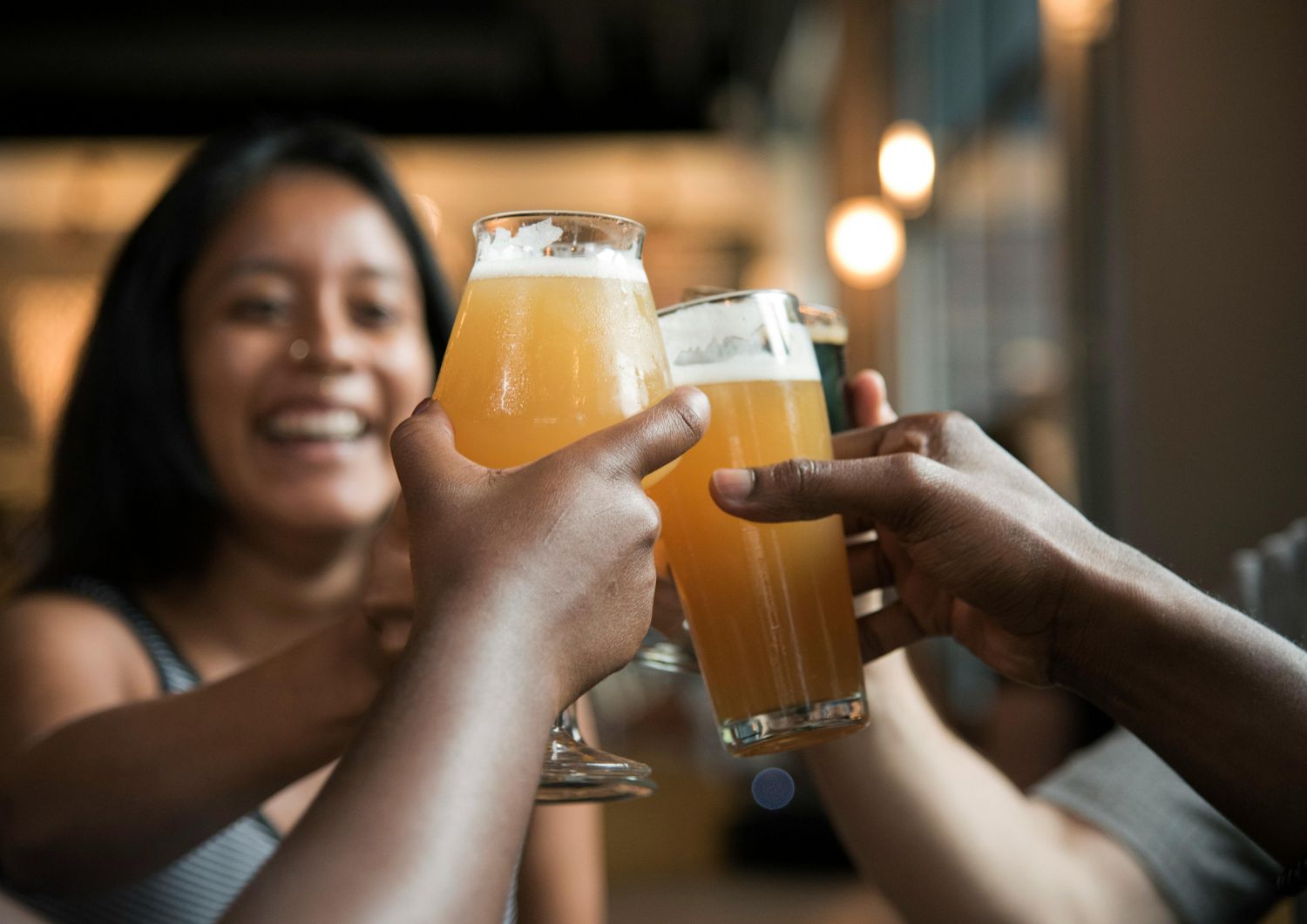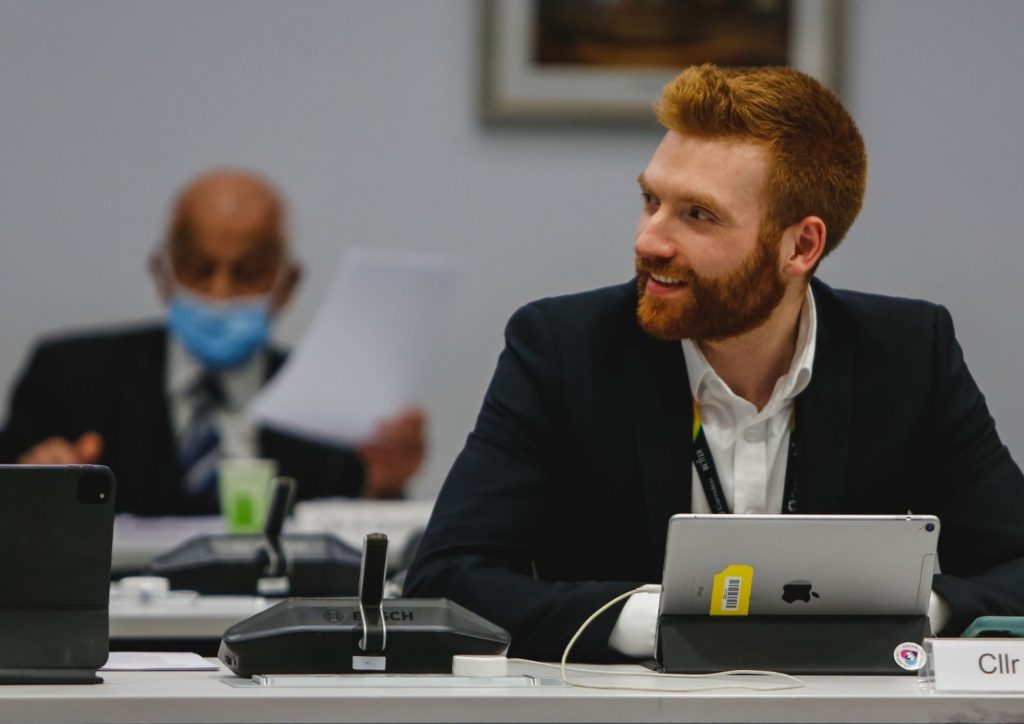Camden Council to decide on major softening late night licence rules
Objectors say the Town Hall is ignoring ongoing noise issues
Friday, 23rd February — By Dan Carrier

Residents groups say policy changes will lead to more disturbances for them
MAJOR changes to night-time venues could be introduced next week as the Town Hall meet to discuss a radical softening of the borough’s licensing policies.
Councillors will decide whether to adopt new guidelines which would stop “cumulative impact zones” being critical in decisions over late and new licences for bars and clubs. These zones are where it is considered neighbourhoods have clusters of late-night venues.
The proposals have been met with a swathe of objections from civic groups, who say the process ignores ongoing issues with noise, anti-social behaviour and mess in areas with high numbers of nightspots.
Camden, which is also considering an extra hour for pubs to stay open, says the new strategy is required to help stem the loss of night-time businesses and produce better-run venues and safer streets. The report outlines the contribution pubs, clubs and venues add economically, revealing a turnover of just under £1billion a year and providing nearly 120,000 jobs.
The report warns that Camden’s place in the UK cultural landscape was under increasing threat, adding: “All of our grassroots music venues have faced extreme financial pressures, losing income and trade through lockdowns and then more recently the rising cost of doing business.”
The new policy was drawn up after three meetings of specifically convened Citizen Assemblies last year: a group of 50, randomly chosen people and groups, to gauge views. The council report adds they also spoke to 1,600 others through multiple means. But residents groups say the policy will lead to sleepless nights and higher crime.
Mary Burd, from the Albert Street Residents Association in Camden Town, said: “We feel that the council has made up its mind. We understand that we might not get what we want but at least we want to feel we have been heard. “They have not consulted a swathe of residents associations or civic groups at all. We understand the need for balance between residents and the night time economy, but we feel there is a bias towards licensed premises.”
Ms Burd said the way the policy had been formed did not reflect the views of residents affected by late licences, adding: “We feel this policy has been designed to be advantageous for licensees and has ignored the views of residents who live in impact zones.” In the south of the borough, residents say they face daily disturbances and the current regime is poorly managed.
David Kaner, from the Covent Garden Community Association, said: “Camden seem to have ignored both the Mayor’s Vision and the output of the Citizens’ Assembly. Both these talk about the need for a balance between the needs of business and residents. The vision that the cabinet is being asked to agree includes no such concept of balance. It focuses mainly on growth and intensification. This was not what the Citizens’ Assembly said.”
He said residents’ groups in areas with high numbers of late licences – including Camden Town, Covent Garden, Holborn and other parts of the West End have unanimously objected.

Labour cabinet councillor Danny Beales
Regeneration chief Labour councillor Danny Beales said: “This is not just about pubs and clubs; it is about a vast range of activities. The evening economy does include our amazing music venues who are struggling but also the porter or nurse on a night shift, the transport workers, and all those working in our shops and theatres. Around a third of local employment is in the evening economy. Our approach is consistent with the Mayor of London’s vision and approach.”
He added: “We spoke extensively to our communities through online engagement, face to face workshops and established a Citizens’ Assembly. In total, 1,526 people engaged and provided feedback which we have taken on board in finalising the strategy.”


